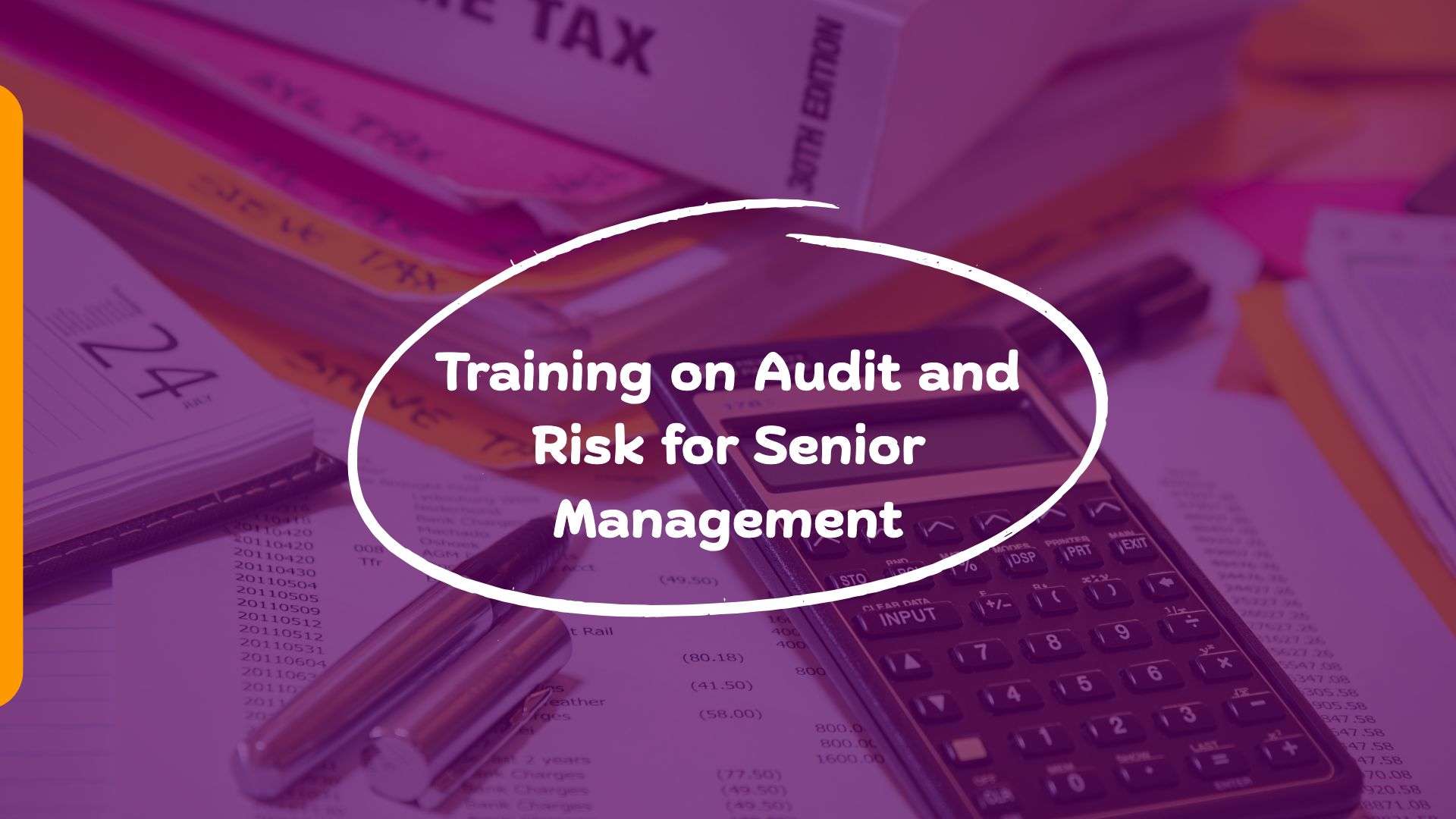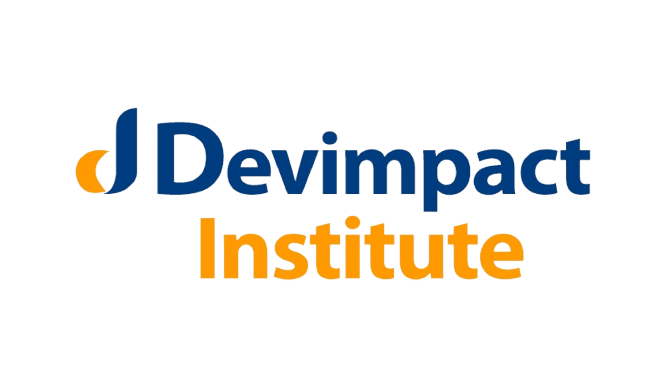
Training on Audit and Risk for Senior Management
Audit and risk management are critical components of organizational governance, ensuring that companies operate effectively, ethically, and in compliance with laws and regulations. For senior management, understanding and overseeing these functions is essential for maintaining organizational integrity, safeguarding assets, and achieving strategic objectives.
Senior management must ensure that the audit function is robust, objective, and aligned with organizational goals. Effective audits help identify areas for improvement, enhance operational efficiency, and ensure compliance with regulatory requirements. Integrating risk management into the strategic planning process is also crucial for senior managers. It helps in making informed decisions, allocating resources efficiently, and enhancing the organization’s resilience to adverse events.
This course is designed to provide senior management with a comprehensive understanding of audit and risk management principles, methodologies, and best practices. The program will equip leaders with the skills necessary to oversee audit functions and effectively manage enterprise risks to ensure organizational resilience and compliance.
Target Participants
The training is designed for individuals in senior leadership positions who have significant responsibilities in overseeing audit and risk management functions within their organizations. These include CEOs, CFOs, Chief Risk Officers, Chief Audit Executives, Risk Management Managers, Corporate Internal Auditors and Senior Consultants and Advisors.
Course duration
Online – 7 Days
Classroom-based – 5 Days
What You Will Learn
By the end of this course the participants will be able to:
- Providing a strategic perspective to the Internal Audit Functions and review of Corporate Governance, Risk Management & Compliance
- Enabling the Internal Audit Leadership to further its role in enhancing the organizations’ ability to identify fraud risks
- Writing more effective and strategic Audit Committee reports
- Building and leading high-performance audit and risk management teams
- Learn advanced techniques to identify and mitigate risks, ensuring organizational resilience
- Strengthen governance structures and improve oversight mechanisms to ensure accountability and transparency in audit and risk management practices.
Course Duration
Online 7 Days
Classroom – Based 5 Day
Foundations of Audit and Risk Management
- Key concepts and definitions
- Existing Documentation
- Importance of audit and risk management in organizations
- Regulatory frameworks and standards
Role of Senior Management in Audit and Risk
- Governance and oversight responsibilities
- Ethical considerations and corporate accountability
- Case studies and real-world examples
Strategic Audit Planning and Execution
- Aligning audit strategy with organizational goals
- Risk-based audit planning
- Resource allocation and management
Audit Methodologies and Techniques
- Internal audit frameworks (e.g., COSO, ISO)
- Audit process: planning, fieldwork, reporting, follow-up
- Use of technology in auditing
Risk Management Frameworks and Practices
- Understanding Enterprise Risk Management frameworks (e.g., COSO ERM, ISO 31000)
- Risk identification and assessment
- Risk appetite and tolerance
Risk Mitigation and Control Strategies
- Designing effective internal controls
- Risk response planning
- Monitoring and reporting
- Examination of successful risk management initiatives
Audit Analytics and Data-Driven Decision Making
- Introduction to audit analytics
- Tools and techniques for data analysis
- Practical applications in audit and risk management
Fraud Detection and Prevention
- Understanding fraud risks
- Fraud detection techniques
- Developing a fraud prevention program
- Fraud Concerns by Industry
Governance, Risk, and Compliance (GRC) Integration
- Aligning GRC processes
- Role of technology in GRC integration
- Case studies on GRC implementation
Effective Leadership and Quality Assurance in Auditing
- Toxic Traits of Internal Audit Leadership
- Successful Attributes of Effective Internal Audit Leadership
- Fraud Risk Assessment
- Quality Assurance & Improvement Program (QAIP)
Leadership and Communication in Audit and Risk
- Leadership styles and team dynamics
- Training and development for audit professionals
- Performance management
Effective Communication and Reporting
- Communication strategies for senior management
- Reporting to the board and stakeholders
- Enhancing transparency and accountability
Trends in Audit and Risk Management
- Emerging risks and audit challenges
- Innovations in audit technology
- Preparing for the future

